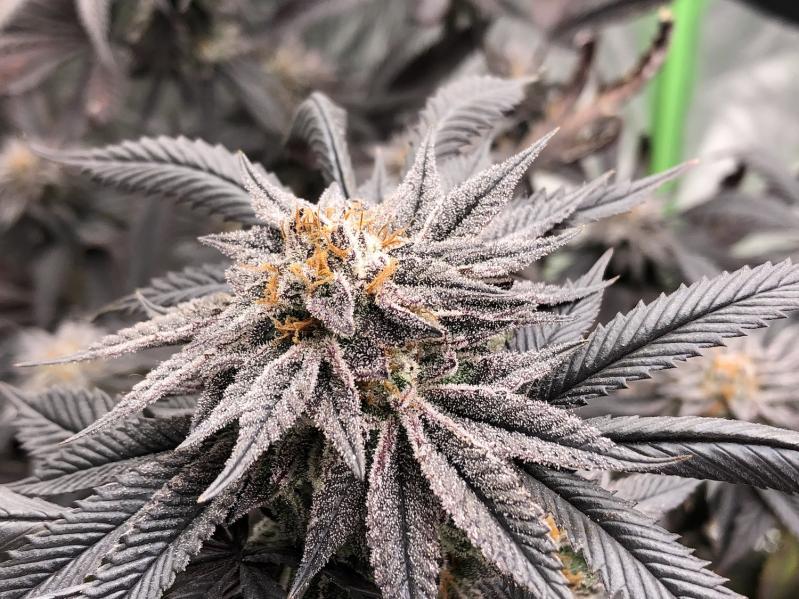Hundreds of people lined up last Thursday to buy legal cannabis products at New York City’s first dispensary for recreational cannabis. “The whiff of marijuana filled the air,” NPR reported.
The week before that, the Shinnecock Indian Nation took a step toward creating a similar reality for East Enders, with its Tribal Council voting unanimously on Dec. 22 to pass an ordinance allowing sales of recreational, adult-use cannabis products at established and future smoke shops on Shinnecock territory along Montauk Highway.
Ever since that vote, according to Tela Troge, an attorney and member of the Shinnecocks’ cannabis regulatory division, the council has been distributing applications to eligible businesses. “We don’t have a limit on the number of licenses we will authorize, but it will be limited to the ones on the highway,” she said by phone on Tuesday.
As soon as late March or early April, that could include the tribe’s own dispensary as well. Little Beach Harvest, its official cannabis operation, is in full swing on the construction of a facility that will also entail a “wellness lounge” and a cultivation center.
The Shinnecocks’ recreational cannabis rules closely mirror New York State’s in a number of ways. For instance, the first New York City dispensary is operated by Housing Works, a minority-run nonprofit organization that helps people with H.I.V. or AIDS as well as the homeless and formerly incarcerated. Proceeds from cannabis sales will support Housing Works’s programs and services. The Shinnecock Nation has established a 4-percent “community fee,” similar to the state’s sales tax on cannabis, that will generate revenue for the tribe to spend on wellness programs, education, policing, infrastructure, and other initiatives.
Also like the state, the Shinnecocks established, within the licensing framework, laboratory testing requirements to ensure that products are free of contaminants, mold, or other harmful substances, and guidelines to make sure advertising materials aren’t targeting children.
“That creates a much safer environment for the consumer and ensures that you’re getting a high-quality product,” Ms. Troge said. “It protects not only our own community’s health, safety, and welfare, but also the health, safety, and welfare of our consumers, which is very important to us.”
Shinnecock Tribal Chairman Bryan Polite said revenue for the tribe is anticipated to be “substantial.”
“It’s an enormous opportunity for Shinnecock tribal members and our tribal business, Little Beach Harvest, entering into what experts are predicting to be the second-largest cannabis market in this country,” Mr. Polite said. “We weren’t trying to race to be first — we were trying to get it right.”
Also Tuesday, Chenae Bullock, chief executive officer of Little Beach Harvest, said that the cannabis company is going to be launching a consumer brand to be sold by business partners in Massachusetts. Between that and the dispensary, she said, exciting things are happening.
“The benefit is that the outside world will begin to take us a lot more seriously,” Ms. Bullock said. “For far too long, we’ve been kind of looked at as if we don’t know how to properly govern ourselves or run a business. This is going to be an awesome opportunity.”
Mr. Polite is also looking forward to cannabis operations as “a chance to educate people about our culture and the cannabis plant. It’s not just about sales, it’s also about awareness and providing cultural education.”




